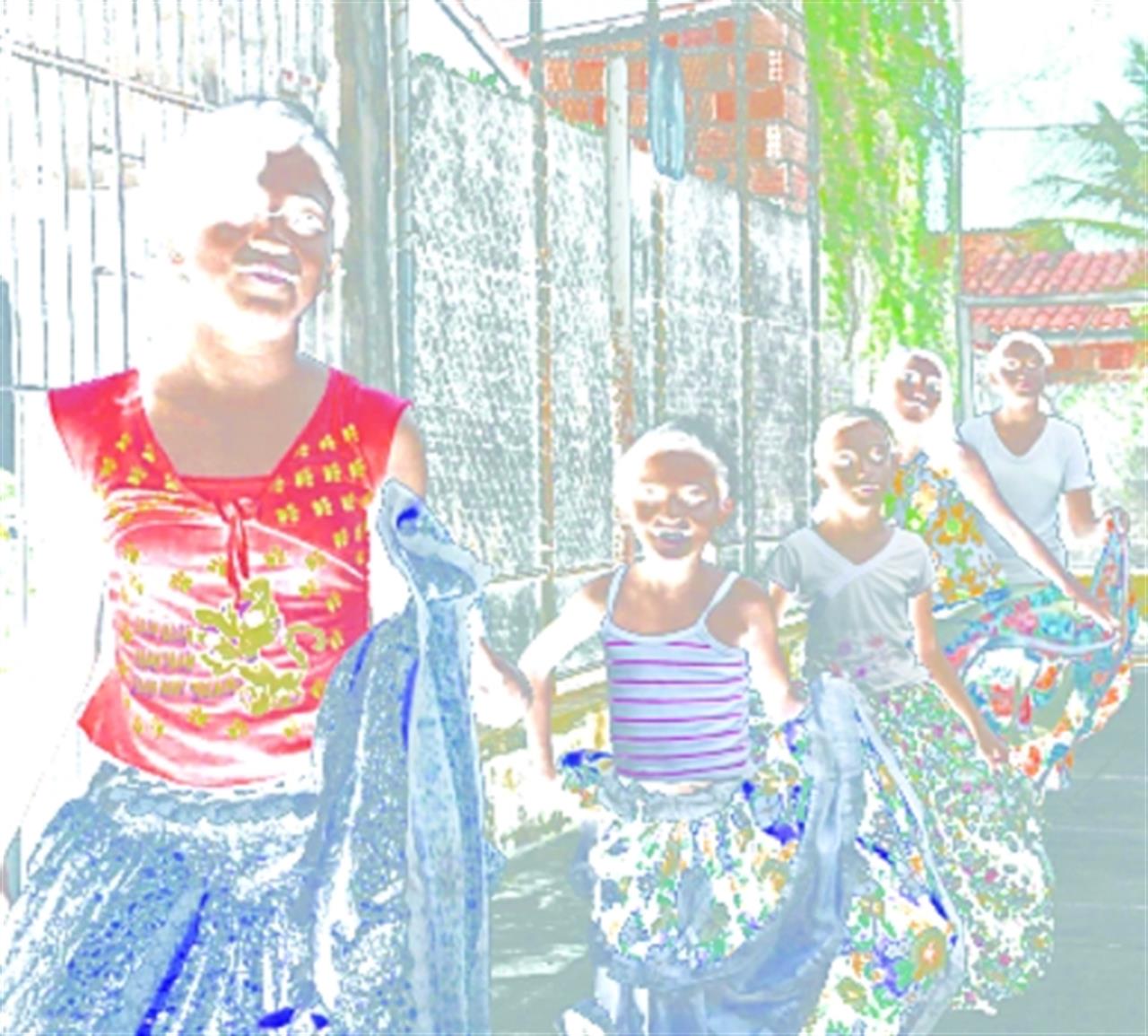The Region of Piedmont has practically depleted its spending for international cooperation. Whereas in 2009 it was ? 5M, it fell to ? 900,000 in 2010 and budget forecasts for this year are even lower. Even Lombardy’s spending, traditionally one of the more generous regions with regards to funding interventions of cooperation for development throughout the world, is floundering. Whilst in 2010 it persevered, spending ? 5M (in 2009 it was ? 6M) this year the budget does not reach ? 1M. Proportionally the Region of Marche is doing better, spending ? 2.5M in 2010 and managing to maintain a budget of ? 1.7 this year. On the whole a rather negative image emerges when speaking to the relevant regional offices in Italy about decentralised cooperation. According to everyone, at fault are the drastic cuts by the Ministry of Economy that started in 2009 and have literally massacred the budgets of regional and local authorities alike.
“At the moment, because of the uncertainty about available resources, our annual call for cooperation for development hasn’t yet been published”, says Davide Pacca, head of the Region of Lombardy’s International Relations department. “We chose to guarantee the resources for the completion of those projects that are already in progress”.
The Region of Lombardy’s approach is ?subsidiary’ in nature and thus focuses primarily on supporting projects that have been proposed by civil society, especially non-governmental organisations. Thus in the past, NGOs based in Lombardy relied heavily on funding through regional tenders. And now? “We are confident that we can still make some adjustments to the budget”, Pacca says, “but first we must figure out how to re-direct the tender and on priorities basis”. “Cutting resources for cooperation is the wrong decision”, says Massimo Toschi from Tuscany. The situation is emblematic: his position was not confirmed by the Region of Tuscany because the President, Enrico Rossi, wanted to reduce the number of departments from 14 down to 10. Today Toschi works as a consultant to the President, fulfilling exactly the same role that he did as a councillor, the only difference being that now he no longer receives a salary. Despite all of this, Toschi remains positive about the role of decentralised cooperation: “The economic crisis must not lead regions and local authorities to close in on themselves – this would be a big mistake”, he says. “Other European countries are also experiencing difficult times, yet they are doing what they can to maintain their commitments on development aid and international solidarity. But the idea that we can allow ourselves to sacrifice our relationship with the rest of the world is both short-sighted and dangerous. If, for example, we had been more conscientious about our cooperation with the Mediterranean countries we could now be in a position to manage the emergency on our doorstep in North Africa in a different way”.
The Region of Tuscany’s budget for cooperation in 2011 will be ? 2.5M; in 2009 it was ? 5.5M. “In economically troubled times”, says Toschi, “cooperation for development must not close its doors, but rather, find new tools and ideas”. At a time of wide-spread crisis, the Autonomous Province of Trento is going against the flow by maintaining its cooperation for development as a priority not to be sacrificed. The administration has, in fact, allocated ? 12M for 2011, which is 0.25% of the provincial budget.
The number of associations operating in different countries across Africa, Asia, Latin America and also Europe (Eastern Europe and the Balkans) accredited by the Province has reached 270. “It is in moments of crisis that if we don’t want to become a ?barbaric’ society, we must maintain the values of solidarity and cooperation for development”, said President Lorenzo Dellai during the presentation of the 2011 budget.
The cause of the crisis in decentralised cooperation is also a result of frameworks that penalise potential partnerships. “The contributions to development programmes from other European regions or from the Ministry of Foreign Affairs affect the stability pact. In the end, regions and local authorities prefer to use their own funds even if they are limited”, says Giorgio Garelli, head of Cooperation for the Region of Piedmont. “Periods of crisis are useful for thinking things through and rationalising activities to make them more strategic and coherent”, Garelli continues, “but when the resources become so scarce, in the long run there is the risk of losing important pieces and eventually the whole system may fall apart”.
17 centesimi al giorno sono troppi?
Poco più di un euro a settimana, un caffè al bar o forse meno. 60 euro l’anno per tutti i contenuti di VITA, gli articoli online senza pubblicità, i magazine, le newsletter, i podcast, le infografiche e i libri digitali. Ma soprattutto per aiutarci a raccontare il sociale con sempre maggiore forza e incisività.

